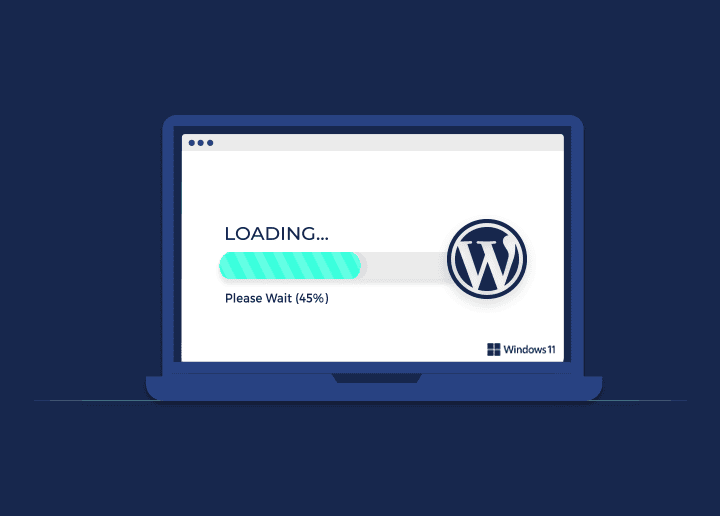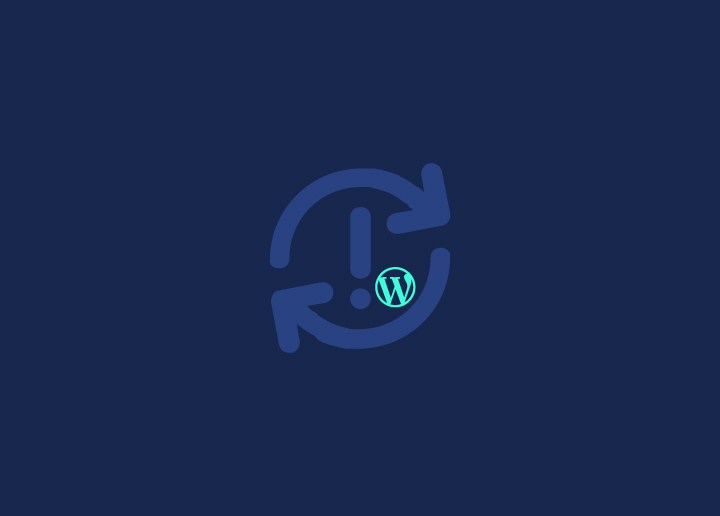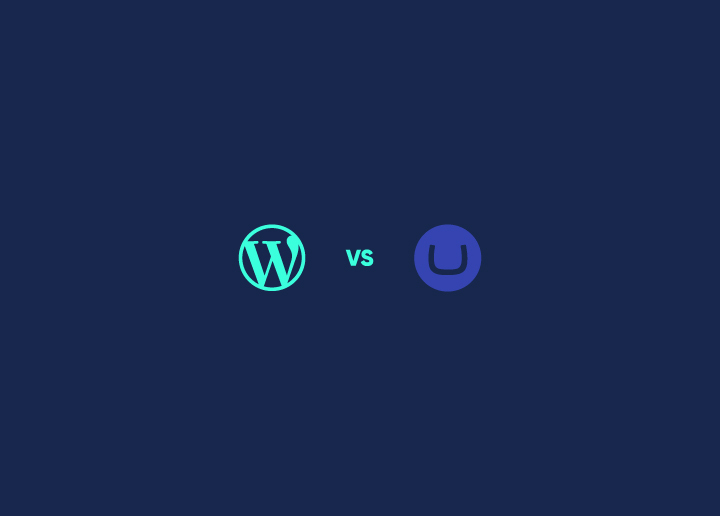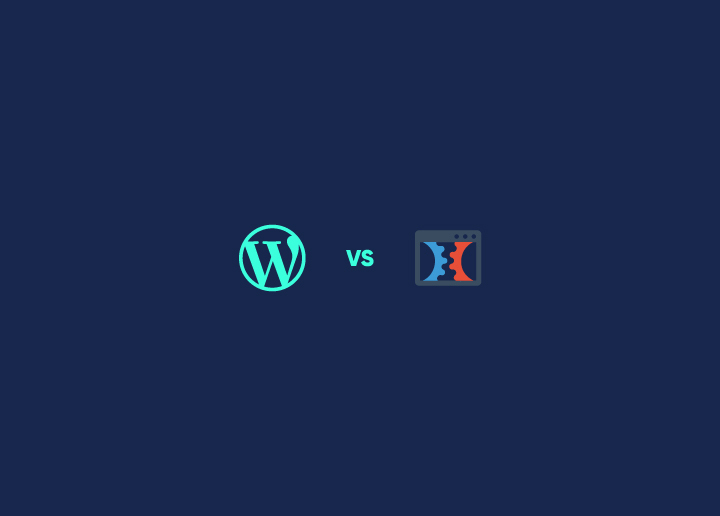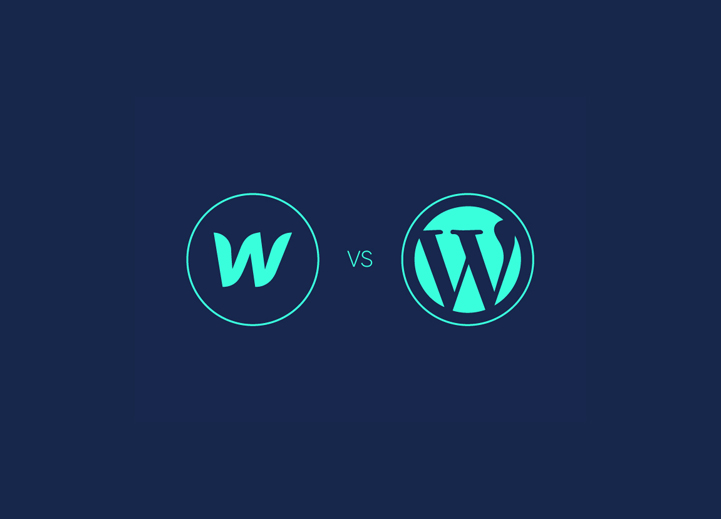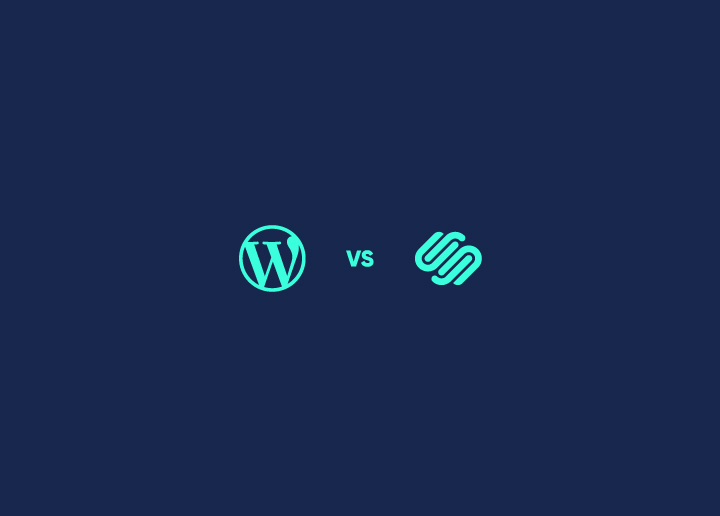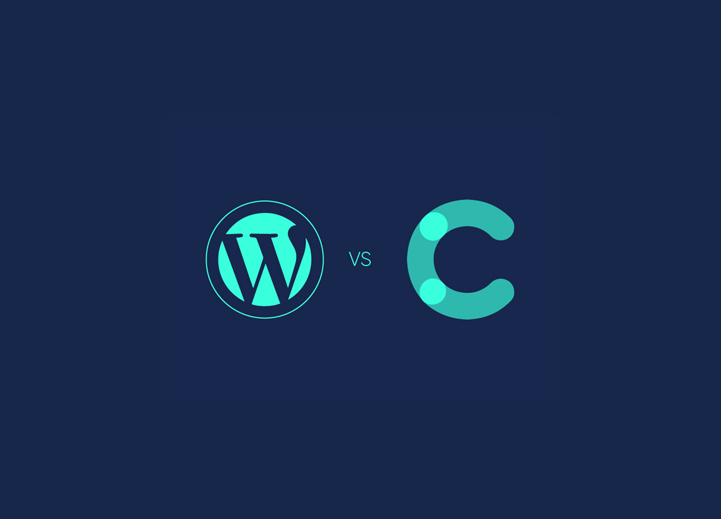Clickfunnels vs WordPress is a compelling comparison because both platforms offer in-depth solutions for websites, albeit with different approaches and focus areas. Clickfunnels specializes in creating high-converting sales funnels. WordPress, on the other hand, is a versatile content management system suitable for building various types of websites.
Clickfunnels’ strength as a SaaS product lies in its user-friendly interface and seamless integration of various marketing tools essential for optimizing sales processes. WordPress’s unparalleled customization capabilities stem from its open-source nature and a vast array of themes & plugins. This flexibility caters to diverse needs beyond sales funnels, encompassing content management, e-commerce, SEO optimization, and community-driven WordPress support.
Despite their differences, both Clickfunnels and WordPress enable users to create optimized platforms aligned with their business objectives. So, let’s check out in detail what each offers.
Contents
ToggleOverview of Clickfunnels and WordPress

Clickfunnels is a software platform designed to streamline the process of creating and optimizing sales funnels for businesses. It encompasses many features and functionalities to enhance the customer journey and maximize conversion rates.
As a proprietary, cloud-based application, it provides a visual drag-and-drop interface for constructing and customizing sales funnels. It leverages a modular architecture, allowing users to seamlessly integrate funnel components like landing pages, order forms, and upsell sequences. The platform offers a comprehensive suite of tools for building, managing, and tracking the performance of sales funnels.
Key Features
- Visual Funnel Builder: A powerful, intuitive drag-and-drop editor that enables users to create and customize sales funnels without extensive coding knowledge.
- Funnel Templates: A vast library of pre-designed, industry-specific funnel templates that serve as starting points for users, reducing the time and effort required to build funnels from scratch.
- Conversion-Optimized Pages: A range of high-converting page elements, such as opt-in forms, checkout pages, and order bumps, designed to maximize conversions and drive sales.
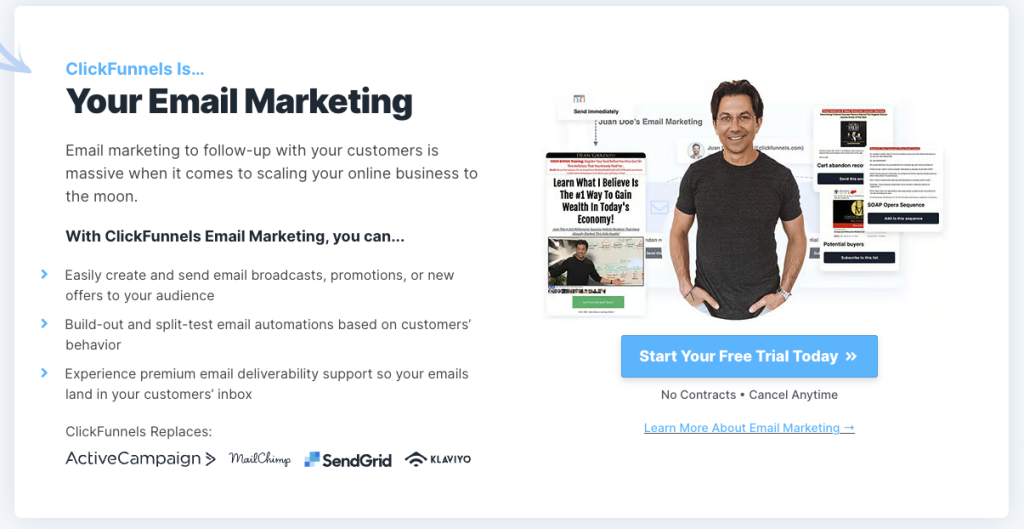
- Email Automation: Integrated email marketing tools that allow users to create and automate email sequences, nurturing leads and engaging with customers throughout the sales process.
Read More: Best Email Marketing Services
- A/B Testing: Built-in A/B testing capabilities enable users to test and compare different variations of their funnels, pages, and email campaigns, enabling data-driven optimization.
- Analytics and Tracking: Comprehensive analytics and tracking features that provide insights into funnel performance, visitor behavior, and conversion rates, empowering data-driven decision-making.
- E-commerce Integration: Support for seamless integration with popular platforms aligned to e-commerce trends is there. It facilitates the sale and delivery of physical and digital products through the sales funnels.
Also Read: Choosing The Best Website Builder For Your Brand
Want To Create A Conversion-driven Website?
We can transform your vision into reality by building a site that engages your audience and amplifies your USPs to drive conversions.
On the other hand, WordPress is a free and open-source CMS designed to facilitate the creation and management of websites, blogs, and various other types of web content. It leverages a modular architecture, built upon the PHP programming language and a MySQL database, allowing for seamless integration with a vast ecosystem of themes and plugins.
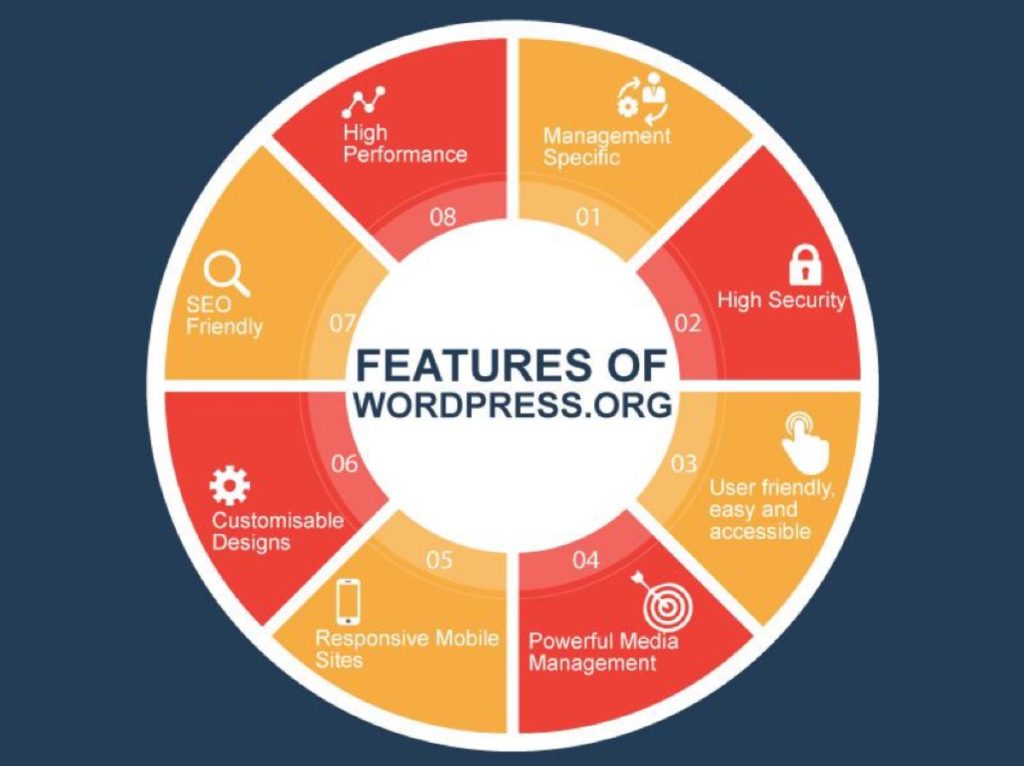
Key Features
- Content Management: A robust content management system that enables users to create, edit, and publish a wide range of web content, including pages, posts, media files, and custom post types, without extensive coding knowledge.
- Blogging Platform: Inherent blogging capabilities, with features such as categories, tags, comments, and RSS feeds, make it an ideal choice for personal and professional blogging.
- Theme System: A rich library of thousands of themes, both free and premium, that allow users to customize the appearance and layout of their website, ensuring a unique and visually appealing presentation.
Read More: Best Websites to Get WordPress Themes & Templates
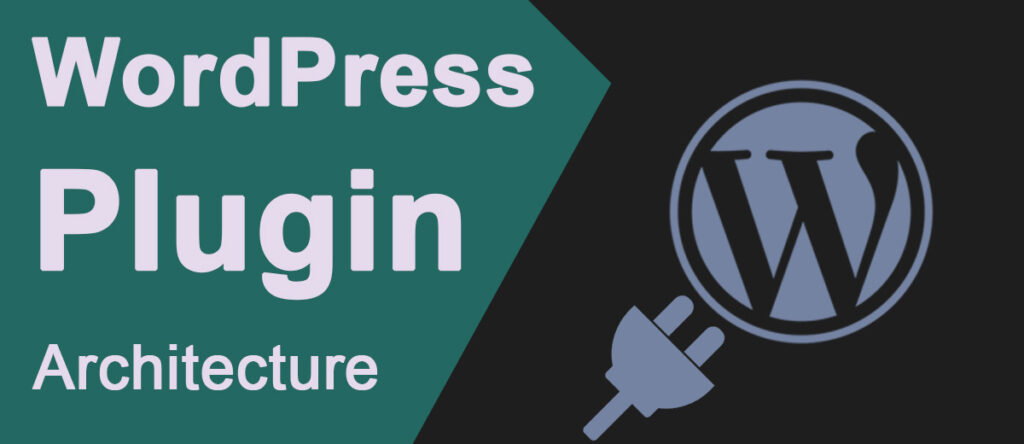
- Plugin Architecture: Access to a vast repository of over 59,000 plugins, which extend the functionality of WordPress, enabling users to add virtually any feature or capability to their website, such as e-commerce, forums, galleries, membership sites, and learning management systems.
- User Management: Robust user management system with customizable roles and permissions, allowing for collaborative content creation and management.
- Media Management: Efficient media management tools for uploading, organizing, and embedding various media files, including images, videos, and audio.
In-depth Comparison of Clickfunnels vs WordPress

In this detailed comparison, we’ll break down what Clickfunnels and WordPress are good at and what features they offer. This will help you determine which might be better for your business.
Clickfunnels vs WordPress: Pricing and Scalability
Clickfunnels adopts a subscription-based model structured into various tiers, contingent upon the required features and volume of funnels/pages. Costs can escalate significantly as businesses expand and necessitate more intricate funnels or heightened traffic capabilities. The subscription plans commence at $127/per month.
Conversely, WordPress offers free usage, albeit expenses may incur from hosting, domain registration, premium themes/plugins, and potential WordPress development cost.
At Seahawk, building a WordPress website cost $999, a one-time payment for custom web design. As for WordPress website maintenance, you can choose between our SeaCare Monthly at $99 and SeaCare Annual at $999/year.
Clickfunnels vs WordPress: User-friendliness
Clickfunnels is tailored for non-technical users, offering a user-friendly interface for creating sales funnels. Its drag-and-drop editor and pre-built templates simplify the process, making it ideal for entrepreneurs seeking quick setup without technical hurdles.
Conversely, WordPress offers more control and is user-friendly. Extensive community support aids beginners, enabling aspects such as content and layout creation and upkeep. However, users must handle hosting, updates, and backups independently.
Clickfunnels vs WordPress: Customization and Flexibility
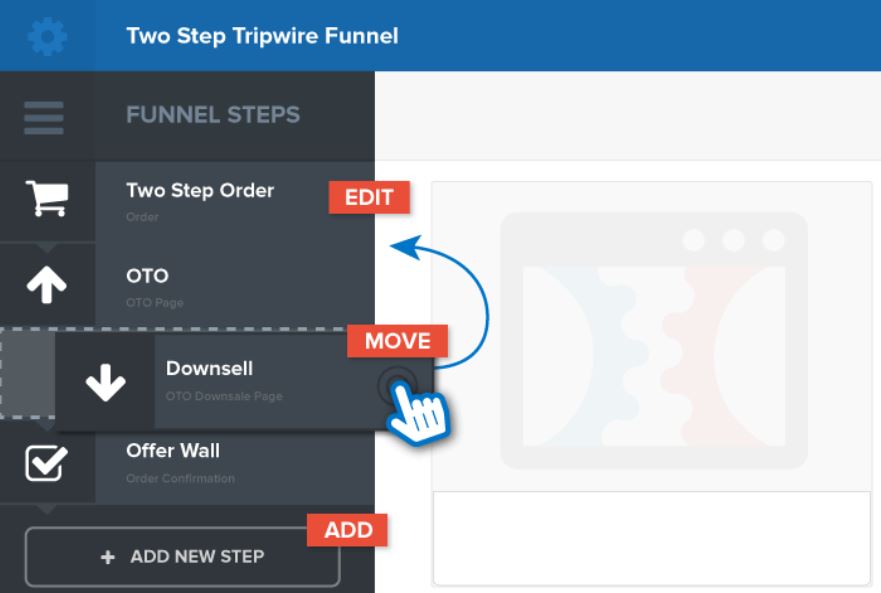
Clickfunnels provides users with a variety of customization features integrated within its funnel templates. These features enable users to modify elements such as colors, fonts, and design components to align with their brand identity. Nevertheless, it’s essential to note that ClickFunnels’ customization options are predominantly focused within the framework of its sales funnel functionality.
On the other hand, WordPress stands out as an open-source platform renowned for its extensive customization capabilities. Offering a vast repository of themes and plugins, WordPress empowers users with virtually limitless possibilities for tailoring their websites to precise specifications. This unparalleled flexibility makes WordPress an ideal choice for individuals or businesses for all sizes.
Clickfunnels vs WordPress: eCommerce Capabilities
In e-commerce, ClickFunnels offers a comprehensive suite of built-in shopping cart functionalities and seamless integration with diverse payment gateways. Its robust capabilities excel in crafting efficient sales pipelines that guide customers seamlessly from initial engagement to completing purchases.
In contrast, WordPress necessitates the integration of the WooCommerce plugin to imbue e-commerce functionalities into websites. While this may appear as an additional step, it presents users with many advanced features and extensive customization opportunities tailored for online retail establishments.
From facilitating digital downloads to managing expansive retail operations, WordPress accommodates a broad spectrum of e-commerce needs via WooCommerce development.
Also Read: 40+ Common WooCommerce Maintenance Mistakes to Avoid
Clickfunnels vs WordPress: Marketing & SEO
ClickFunnels demonstrates prowess in marketing tools and analytics, particularly in funnel construction and optimizing conversion rates. Its feature set encompasses A/B testing, seamless email integrations, and robust analytics geared towards enhancing sales progression through funnels.
Also, WordPress is augmented by plugins like AIOSEO. It facilitates the fastest way to:
- Optimize WordPress SEO settings
- Add schema markup
- Create XML sitemap
- Add local SEO
- Automate internal linking
- Connect Google Search Console
Basically everything a SEO Pro would use to rank higher in search engines. Moreover, WordPress’s inherent flexibility accommodates a diverse range of marketing strategies beyond traditional sales funnels.
Pros and Cons of Clickfunnels vs WordPress
Choosing the optimal platform for your online business is a pivotal decision, as it can significantly impact your website’s functionality, scalability, and success. ClickFunnels and WordPress stand out as powerful tools, each offering distinct advantages and drawbacks.
To facilitate an informed decision-making process, let’s explore the pros and cons of both platforms, presented in a comparative format.
Pros of Clickfunnels
- All-in-One Solution: Integrates essential marketing tools for building effective sales funnels.
- Ease of Use: User-friendly interface with drag-and-drop functionality, ideal for beginners.
- Conversion-Focused: Optimized templates and A/B testing tools enhance conversion rates.
Cons of Clickfunnels
- Limited Customization: Needs to be higher compared to WordPress in terms of flexibility.
- Price: Relatively expensive, particularly for startups and small businesses.
- Hosting Dependency: Users rely on ClickFunnels’ hosting services, limiting control.
Pros of WordPress
- Highly Customizable: Extensive themes and plugins allow for tailored website creation.
- Ownership and Control: Users have full autonomy over website and hosting choices.
- Community Support: The thriving community offers resources and support for continuous learning.
Conclusion
The choice between Clickfunnels and WordPress hinges on your business goals and priorities. Clickfunnels streamlines sales processes, while WordPress shines in content management and customization flexibility.
Clickfunnels offers a beginner-friendly approach, ideal for those seeking rapid funnel creation, whereas WordPress is easy to use and excellent for building websites with extensive control and scalability. Ultimately, businesses should carefully evaluate their requirements, resources, and growth plans to make an informed decision that aligns with their long-term vision.








